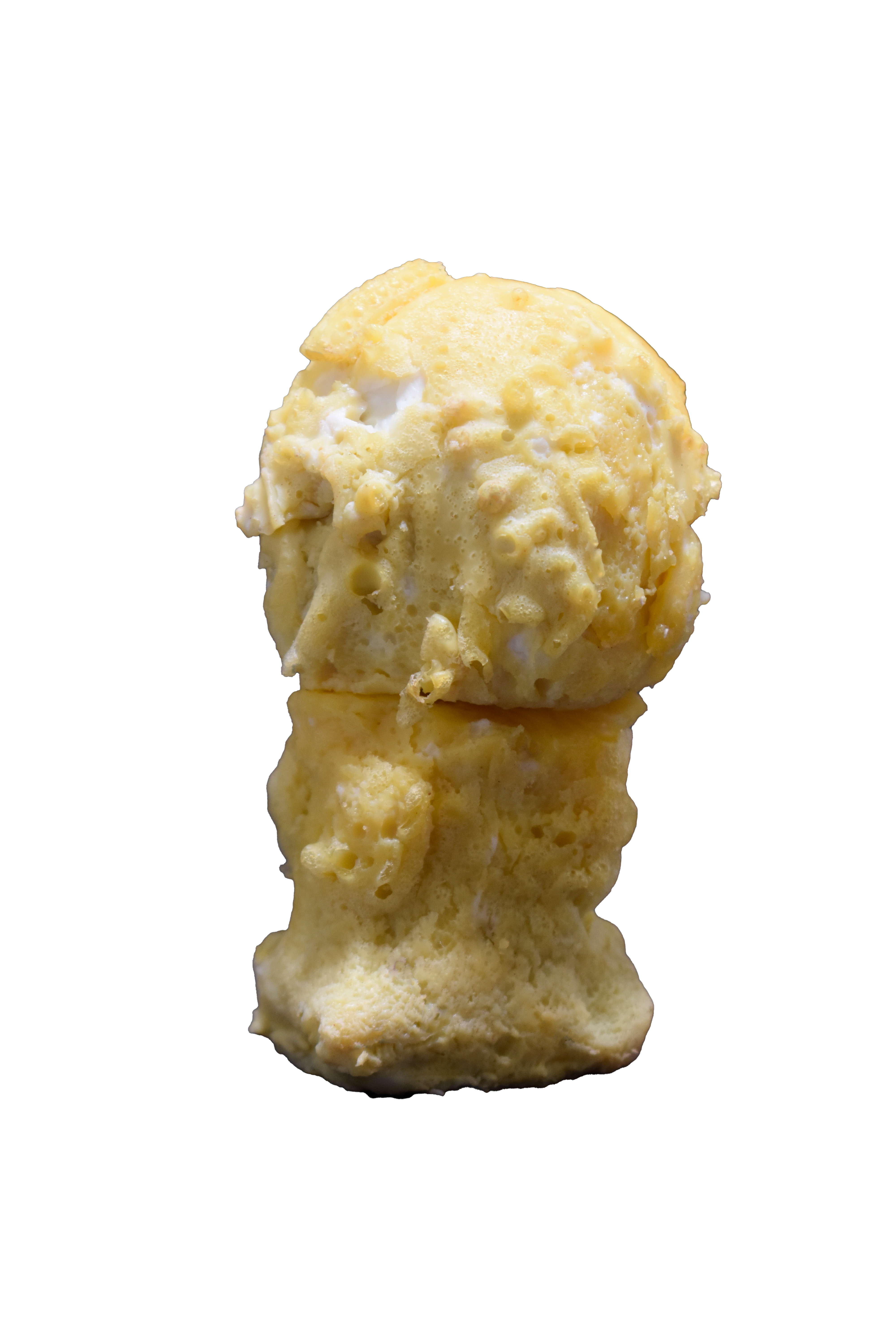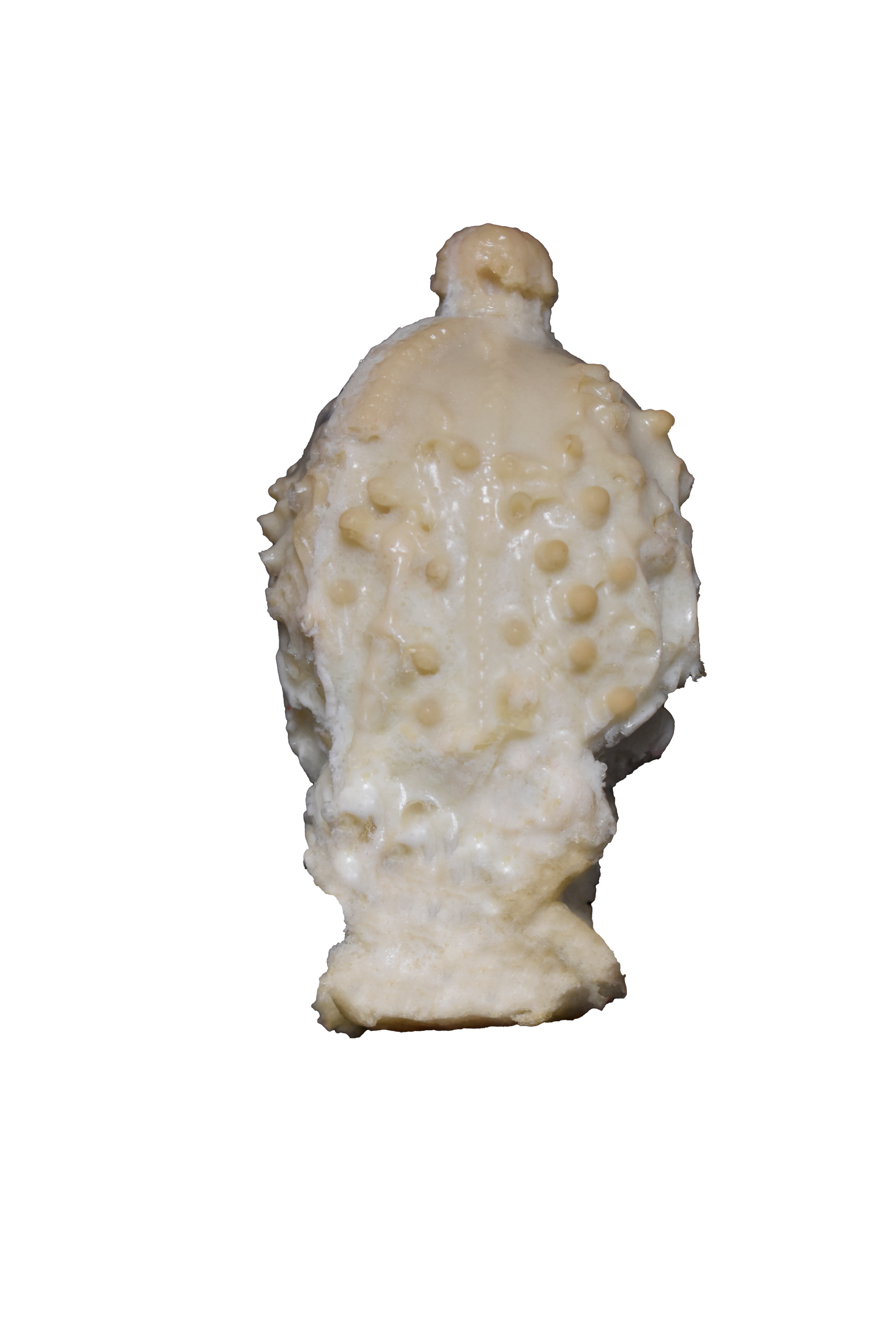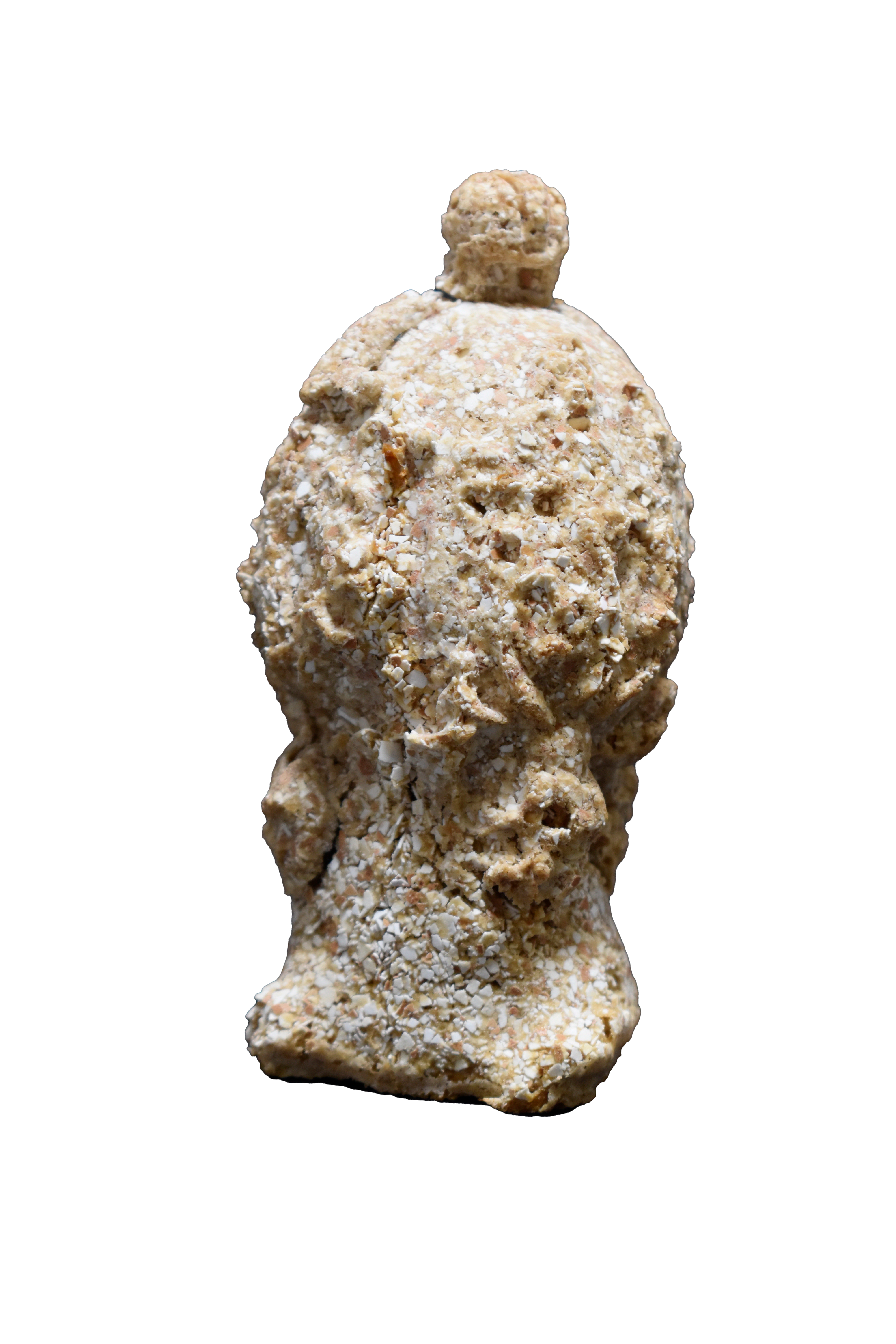EGGONOMICS
Animals, unlike humans, have the unique ability to create material through their biological functions, which can be utilized by other species. This makes animals expert producers, as they possess the knowledge and capability to keep that material alive. While human-made artifacts, however, are often highly esteemed, those made by animals are typically undervalued.
Eggonomics, or egg-economics, explores this shift in value perception. By recontextualizing the craftsmanship associated with humans and attributing it to animals, Eggonomics aims to showcase animals as unparalleled experts in their material production. To draw a comparison, Fabergé eggs, the most expensive human-made eggs, are being compared to everyday chicken eggs. Eggonomics strives to transfer the perceived value of Fabergé eggs onto chicken eggs by utilizing the egg itself to recreate these invaluable artifacts, essentially transforming egg into a valuable material.
The Fabergé eggs, originally commissioned in 1885 for Alexander III's wife, have become a symbol of a bygone era of Russian dynasties and their authority. Inspired by the Russian Orthodox tradition of exchanging eggs during Easter, they evolved into an annual tradition in the House of Romanov, encompassing historical significance alongside their exquisite craftsmanship and material composition.
On the contrary, despite their meticulous production and significant historical economic importance, chicken eggs have become a widely accessible and affordable source of protein. In fact, the value of a single Fabergé egg is equivalent to the price of 27 million chicken eggs today, with an average cost of 9 million dollars. The production of a Fabergé egg, which required around one and a half years to complete, matches the lifespan of a laying hen in a factory farm.
Both objects, are considered eggs, made by experts in their own regard. However, labor and time are valued differently from one species to the other. The remarkable craftsmanship valued in a Fabergé egg is largely dismissed when it comes to a chicken egg. By making Fabergé-style eggs out of real eggs, the project seeks to challenge our preconceived notions about the worth of animal products and their craftsmanship.





